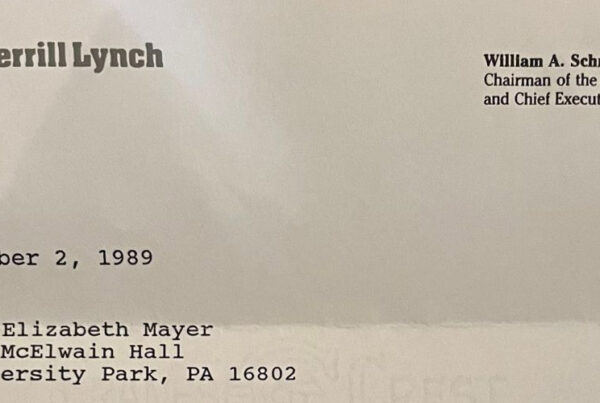
Bryan, a customer of ours, is sending five people to a conference next week. He shared his primary goals are networking, build contacts, and find prospective customers. Typical goals for a conference, right?
While we were talking, Bryan asked if I had any suggestions on how to maximize the investment of sending his team to the conference. I replied, “Absolutely.”
Here are 10 suggestions on how to maximize networking effectiveness and build relationships with people at a conference or event.
MAXIMIZE YOUR CONFERENCE NETWORKING EXPERIENCE
1. Be Ready with Your Elevator Pitch
Start every conversation with passion and a compelling elevator pitch/elevator speech, your answer to, “What Do You Do?” Whether it is 7am or 7pm, deliver it like the fate of the world depends upon you. (seriously, by the end of the day, we are all tired. That’s when you have to kick in a little more energy)
2. Get Invited
Get invited to the parties and events where your ideal customers and partners will be. Do as much research as you can in advance to discover these parties and events.
3. Do Your Research
Identify the opinion leaders, influencers, prospects, thought leaders, etc. you want to meet. Then, conduct research in advance, to find out what events these target audiences are attending. Also, contact them in advance of the conference, to set up meetings with them while at the conference.
4. Talk to Strangers
Don’t listen to your mother. Avoid talking to people you know well. Now is the time to meet new people.
5. Avoid Your Competitors
See if you can find out in advance where your competitors are going to be in terms of booths, activities, and events. Then, ensure you are somewhere else (smile). In my early days of attending a conference, I often found competitors at events. Then, realizing this, I started doing my research before the conference, and immediately benefited from this research.
6. Sponsor Your Own Party
Invite partners, customers, former customers, guests, prospects, influencers, opinion leaders, authors, bloggers, etc.
7. Coordinate with Your Teammates
Be deliberate when attending the same events. At the conference, ensure you have game plans, check-in points, and feedback loops.
8. Keep Your Conversations Short
Spend up to 10 minutes per person during the conference, especially at breaks. If you make a bona fide connection, even better because ending the conversation is easier. Your goal is to network and meet as many people as possible while leaving positive and lasting impressions.
9. Offer Valuable Follow Ups
Develop a set of give-aways and follow ups to make your follow up easier (see #10). At The Chief Storyteller, we call these Moments of Impact (read more). Offer
- White-papers
- References to articles, blogs, newspapers
- Copies of magazine and newspaper articles
- Books or references to an appropriate book
- Information on upcoming events and conferences
10. Be Different, Follow Up
Most people do not follow up. I suggest you only follow up with the people a) you made a moderate to strong connection with, b) that meet your ideal customer profile, and c) where you believe there is future value to you or both parties.
ADDITIONAL RESOURCES
- American Society of Association ExecutivesTM – excellent resource for research on associations and non-profits
- All Conferences – lists conferences from around the world (visit)
- 10Times – lists conferences internationally (visit)
- COMS – lists conferences internationally, focused on STEM topics (visit)
Photography Source: Flickr, Biba Broker



